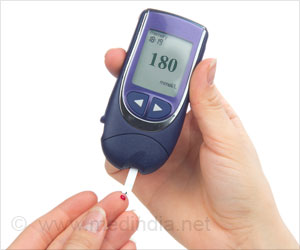Animal study shows that chronic stress prematurely ages eye cells and causes them to degenerate.
- Aging of cells is normal, including the cells in the eye
- A major risk factor for glaucoma includes the mass aging and death of retinal ganglion cells in the eye //
- An animal study suggests that constant stress can make eyesight worse over time
Stress induced aging in mouse eye
Go to source).
Repetitive Stress and Visual Impairment
According to researchers, even mild increases in intraocular pressure cause the death of retinal ganglion cells and the resulting visual impairments in old animals. In order to identify possible treatment targets, researchers are still investigating the mechanism of accumulative aging alterations. They are also experimenting with various methods to stop the stress-related acceleration of aging.The epigenetic changes observed in the study suggest that changes on the chromatin level are acquired in an accumulative way, following several instances of stress. This provides a window of opportunity for the prevention of vision loss, if and when the disease is recognized early.
In healthy people, the intraocular pressure in the eye oscillates between 12 and 21 mmHg every day. Nearly two-thirds of people experience it more frequently at night. A single measurement of intraocular pressure is insufficient to forecast glaucoma patients' disease progression because of the large range of intraocular pressure.
Long-term variations in intraocular pressure are regarded as an indicator of the progression of glaucoma. This prediction is strengthened by the study's findings. Authors contend that the aging of retinal tissue is accelerated not just by oscillations but also by the effects of frequent, mild fluctuations.
The research emphasizes the importance of early diagnosis and prevention as well as age-specific management of age-related diseases, including glaucoma.
- Stress induced aging in mouse eye - (https://pubmed.ncbi.nlm.nih.gov/36397653/.)
Source-Medindia
















